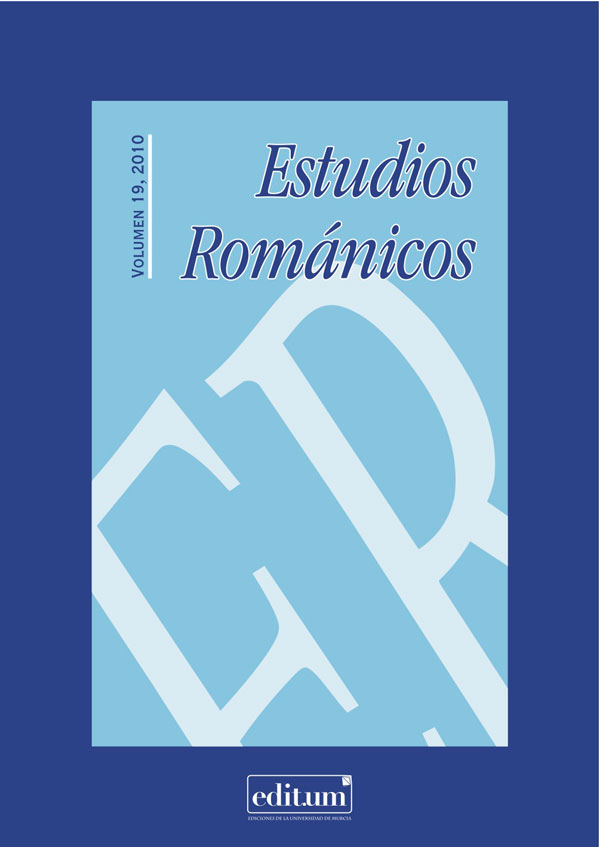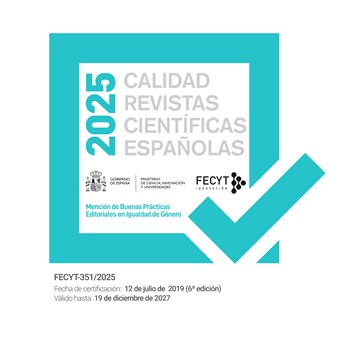Filosofía del «buen salvaje»: Florello de Loaisel de Tréogate
Abstract
In the 18th century, the word «savage» was regarded as praise rather than a disdainful term. The simple but natural life of the primitive man is happier than the artificial life of the civilised man. The noble savage has indeed a supreme possession: freedom. In the work of Loaisel de Tréogate (1752-1812) we can see Rousseau’s philosophy about happiness, ruled by nature and good sense. Like Rousseau or Bernardin de Saint-Pierre, Loaisel states that nature is good and society easily debases innocent unaware souls. Nature represents a reasonable order. Straying from it leads to physical and moral disorder.Downloads
-
Abstract898
-
PDF (Español (España))349
Las obras que se publican en esta revista están sujetas a los siguientes términos:
1. El Servicio de Publicaciones de la Universidad de Murcia (la editorial) conserva los derechos patrimoniales (copyright) de las obras publicadas, y favorece y permite la reutilización de las mismas bajo la licencia de uso indicada en el punto 2.
2. Las obras se publican en la edición electrónica de la revista bajo una licencia Creative Commons Reconocimiento-NoComercial-SinObraDerivada 3.0 España (texto legal). Se pueden copiar, usar, difundir, transmitir y exponer públicamente, siempre que: i) se cite la autoría y la fuente original de su publicación (revista, editorial y URL de la obra); ii) no se usen para fines comerciales; iii) se mencione la existencia y especificaciones de esta licencia de uso.
3. Condiciones de auto-archivo. Se permite y se anima a los autores a difundir electrónicamente las versiones pre-print (versión antes de ser evaluada) y/o post-print (versión evaluada y aceptada para su publicación) de sus obras antes de su publicación, ya que favorece su circulación y difusión más temprana y con ello un posible aumento en su citación y alcance entre la comunidad académica. Color RoMEO: verde.













